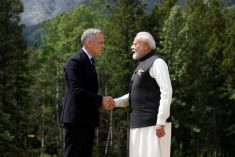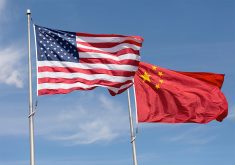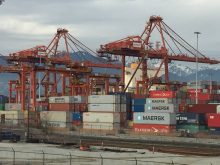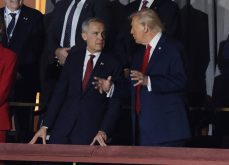London | Reuters — Britain will not sign trade deals with potential suppliers such as the U.S. that open the way for food imports that are produced in a way that would be illegal for the country’s farmers, environment and farming minister Steven Reed said on Tuesday.
“We will not undercut standards in trade deals. The previous government did that with the Australia deal to the fury of the sector and we have ruled that out,” Reed told the National Farmers’ Union’s annual conference.
Read Also
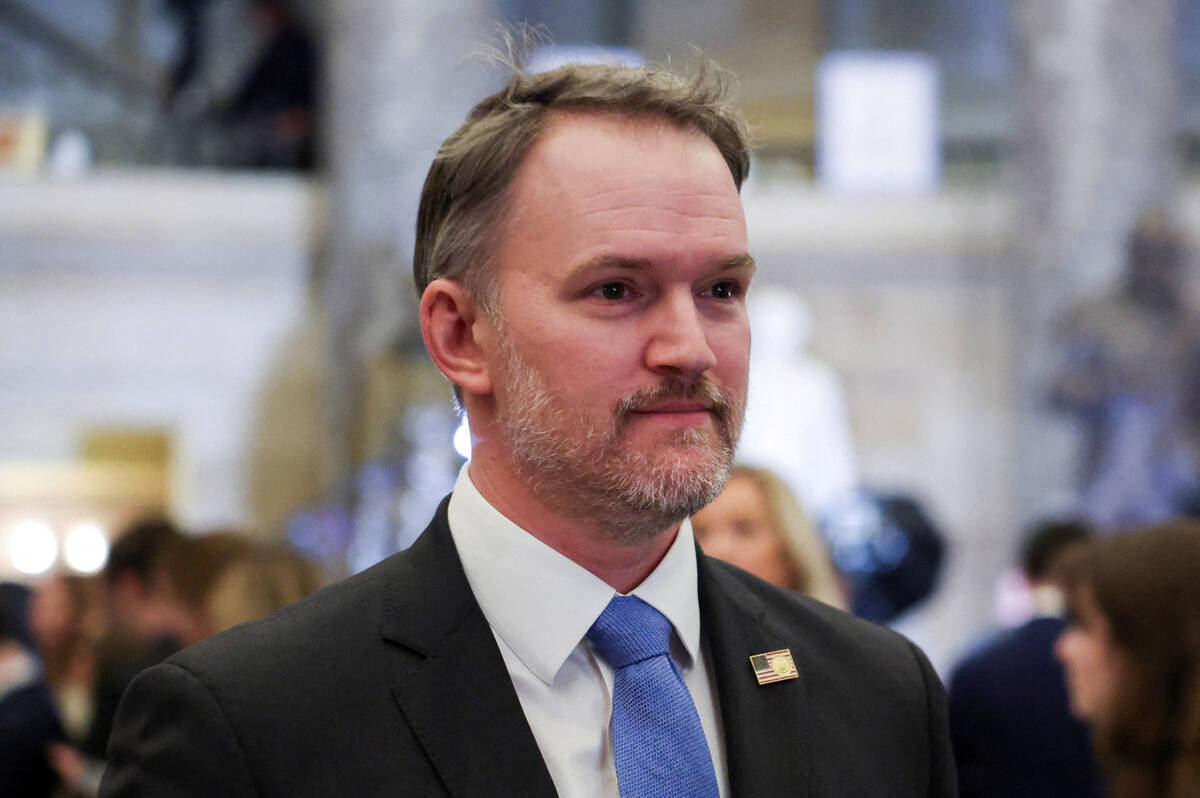
U.S. to seek more foreign tariff cuts, CUSMA improvements in 2026
The U.S. Trade Representative’s office said on Monday it will seek further reductions in foreign tariffs and non-tariff barriers this year, enforce its “reciprocal” trade deals and consider launching new unfair trade practices investigations.
Reed said the import of hormone-treated beef, for example, would not be allowed.
Both Britain and the European Union currently ban the import of beef produced using growth hormones which are given to cattle in some producing countries including the U.S.
The European Union announced earlier this month it is planning tougher restrictions on imported crops treated with pesticides banned in Europe, a move that would impact suppliers including the U.S.
“I know that if British farmers and producers compete on a level playing field they can win but if that playing field is unbalanced they are at a huge disadvantage,” he said.
Reed was asked about the import of sugar produced using neonicotinoid pesticides that are now banned in Britain.
“We now need to go back and look at the trade deals because they need to line up with our commitment to not undercut UK producers,” he said, adding it was a work in progress.
NFU president Tom Bradshaw highlighted the issue during his speech at the conference.
“What the previous government did with signing these early trade deals forcing us to compete against food produced to lower standards was unworkable and wrong,” Bradshaw said.
“This new government has the opportunity to set a new course.
— Reporting by Nigel Hunt




